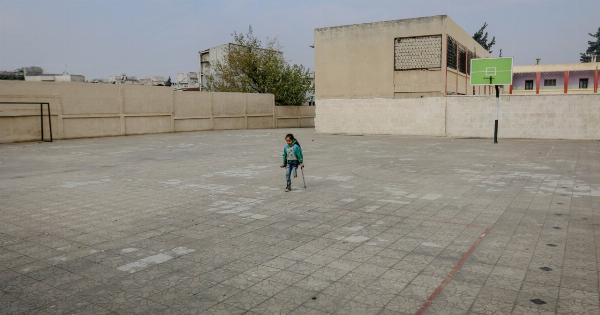Knee arthritis is a common condition that affects millions of people worldwide. It occurs when the cartilage in the knee joint breaks down, leading to pain, inflammation, and stiffness.
As the condition progresses, it can make it difficult to perform everyday activities and have a negative impact on your quality of life.
1. Joint Pain
One of the most common symptoms of knee arthritis is joint pain. People with arthritis often experience a dull ache or a sharp, stabbing pain in their knee. The pain may worsen with physical activity or after prolonged periods of sitting or standing.
In some cases, the pain may be constant and interfere with sleep.
2. Swelling and Inflammation
Inflammation is a key indicator of arthritis. When the knee joint is inflamed, it can become red, swollen, and tender to the touch. The swelling is caused by an increase in fluid within the joint and can make the knee feel warm to the touch.
In severe cases of knee arthritis, the swelling may be significant and result in visible deformity.
3. Stiffness and Limited Range of Motion
Another warning sign of knee arthritis is stiffness in the joint. People with arthritis often experience difficulty in fully straightening or bending their knees, which can limit their range of motion.
The stiffness is usually most noticeable in the morning or after periods of inactivity, and it may improve with movement and gentle stretching exercises.
4. Crunching or Grinding Sensation
A common symptom of knee arthritis is a grinding or crunching sensation known as crepitus. This occurs when the worn-out cartilage in the knee causes the bones to rub against each other.
Crepitus can be felt or heard when moving the knee, and it may be accompanied by pain.
5. Weakness and Instability
Knee arthritis can also lead to weakness and instability in the joint. As the cartilage deteriorates, the knee loses its ability to absorb shock and provide stability.
This can result in a feeling of the knee giving way or buckling, making it difficult to walk or engage in physical activities.
6. Difficulty Standing and Walking
For individuals with knee arthritis, standing and walking can become challenging tasks.
The pain, swelling, and limited range of motion make it difficult to bear weight on the affected knee, leading to difficulties in maintaining an upright posture and walking comfortably. In some cases, individuals may limp or favor the unaffected leg to alleviate the pain and discomfort.
7. Decreased Quality of Life
Knee arthritis can significantly impact a person’s quality of life. The pain, stiffness, and limitations in mobility can make it difficult to engage in activities that were once enjoyable.
The chronic pain and physical limitations can also lead to emotional distress, such as frustration, depression, and anxiety. It is important to seek treatment for knee arthritis to improve your overall well-being and regain your quality of life.
Conclusion
Knee arthritis is a prevalent condition, and recognizing the warning signs is crucial for early intervention and treatment.
If you are experiencing joint pain, swelling, stiffness, or any of the other symptoms mentioned, it is recommended to consult with a healthcare professional. There are various treatment options available to manage knee arthritis and improve your symptoms, allowing you to regain functionality and lead a fulfilling life.






























